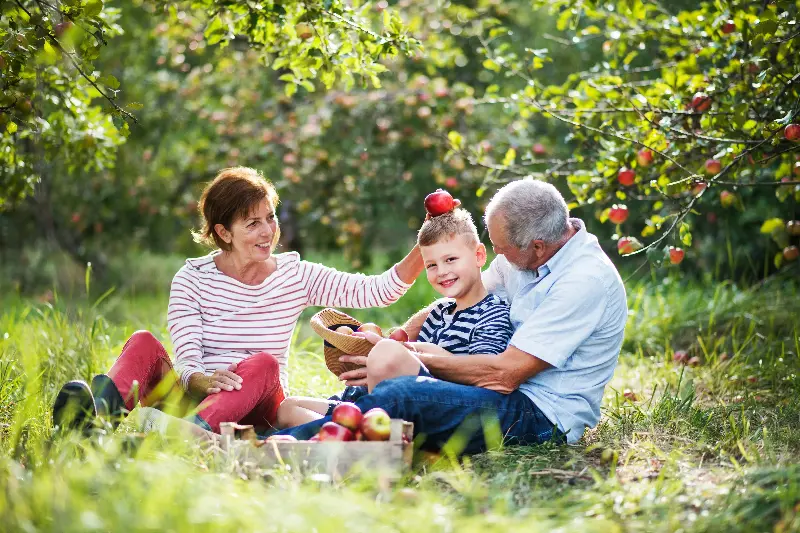
When we talk about family, most often the spotlight shines brightly on parents. They are, after all, a child’s first teachers, protectors, and cheerleaders. But lurking just beyond this immediate circle is an invaluable network: grandparents, aunts, uncles, cousins, and more distant kin. This so-called extended family is not simply an add-on to the nuclear family—it is a powerful force shaping who young people become. Let’s explore how and why these relationships matter far more than we often realize.
A Wider Web Of Love And Security
From the earliest days, children thrive when surrounded by caring adults. Grandparents provide a uniquely steady presence, often unhurried by the pressures of parenting. Their love carries the warmth of experience and, sometimes, a touch more patience. Whether living nearby or half a world away, grandparents can be anchors of comfort, showering children with affection, encouragement, and an understanding that stretches back through generations.
But it’s not just grandparents. Aunts, uncles, and cousins enlarge the safety net. For many children, knowing that there is a supportive adult besides mom or dad—a trusted uncle, an empathetic cousin—offers reassurance in times of need. In fact, studies have shown that young people with close ties to extended family display higher self-esteem and greater emotional resilience. When times get tough, having more people in your corner can make all the difference.
Passing Down Traditions And Values
One of the most vital, though sometimes overlooked, roles of extended family is as keepers of tradition. Grandparents, especially, are living bridges to family history. Through stories, recipes, holiday rituals, and old photographs, they pass down a sense of belonging and identity. This is more than nostalgia; research finds that children who know their family’s stories—where their ancestors came from, challenges they faced, triumphs they celebrated—have a stronger sense of self and are better able to overcome hardships.
Aunts and uncles can also impart values in unique ways. Maybe it’s an aunt’s love of music, a cousin’s passion for sports, or an uncle’s tales of adventurous youth. Each relative opens another window to the world, expanding a child’s sense of possibility and helping them find—and appreciate—their roots.

Role Models And Mentors Outside The Parental Lens
Children often benefit from perspectives that aren’t precisely their parents’. An uncle with a playful spirit can show a child it’s okay to be silly. A grandparent who’s overcome hardship can demonstrate resilience. Family members often serve as vital mentors, offering guidance that lands differently, and sometimes more powerfully, than parental advice.
Extended family members may notice talents or interests that parents have missed. For instance, a grandparent might spot a gift for gardening or storytelling. An older cousin might encourage a younger one to pursue art or athletics. These fresh perspectives can change the trajectory of a child’s self-confidence and aspirations.
It’s also in the realm of conflict and challenge that this mentorship shines. Sometimes, children find it hard to talk to their parents about difficult topics. A trusted relative can serve as a sounding board, providing advice grounded in love but at a reassuring step removed from parental expectation. This can foster open communication and broader emotional development.
The Social And Practical Benefits Of A Village
The proverb “it takes a village to raise a child” holds profound truth. With more adults involved, burdens of child-rearing can be shared, easing pressure on parents and enriching a child’s experiences. Grandparents often step in as caregivers during school breaks or when parents are busy. Aunts and uncles might fill in for school pickups or cheer the loudest at soccer games.
Families where extended kin play an active role often find it easier to juggle the competing demands of modern life. This network acts as both a backup system and a source of continuity; children rarely feel alone or unsupported.
The benefits are not one-sided. Research suggests that grandparents who remain involved in their grandchildren’s lives stay healthier and more mentally engaged. Younger relatives also bring new ideas and energy into older adults’ lives, making the relationship mutually enriching.
